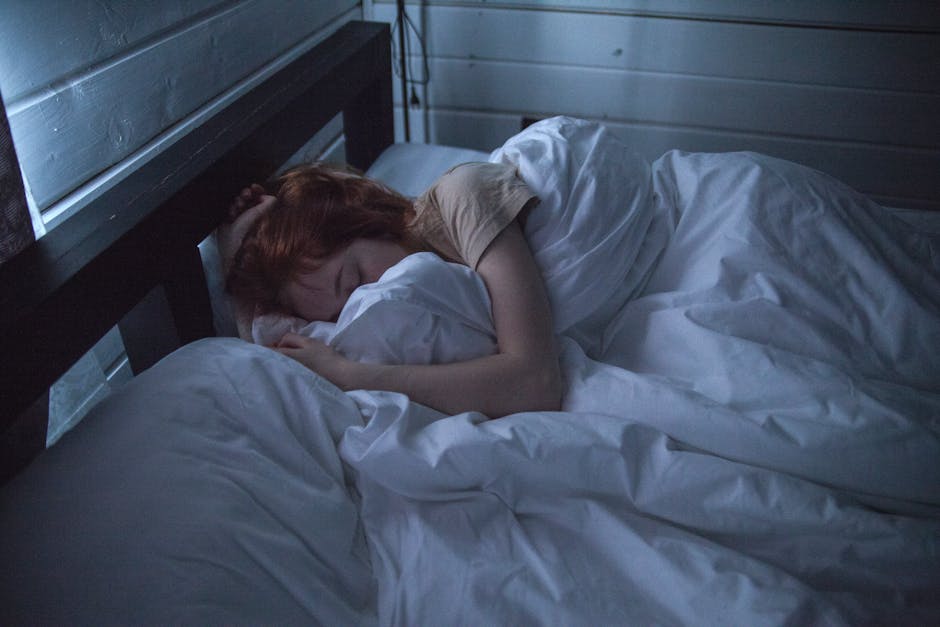 Photo by Ivan Oboleninov
Photo by Ivan OboleninovOriginally Posted On: https://www.virtuclean.com/obstructive-sleep-apnea-treatments-options/
A sleep condition characterized by breathing interruptions during sleep is called obstructive sleep apnea. The severity of the condition, which can range from mild to severe, will determine the treatment option which may be as simple as a lifestyle change to surgery. Here are the common obstructive sleep apnea treatments options based on the severity of the symptoms:
Mild Obstructive Sleep Apnea Treatment OptionsIf you experience mild symptoms of obstructive sleep apnea, even some simple lifestyle changes can help you improve your condition. Here’s what your doctor may recommend:
- Get rid of any excess weight
- Stop smoking
- Don’t sleep in your back
- Don’t consume alcohol a couple of hours before going to bed
- Use a nasal decongestant
- Use an allergy medicine
- Regular physical activity
Even though all of the above-listed points are equally important, physical activity plays a major role in alleviating obstructive sleep apnea since it is not only beneficial for your overall health but also helps you lose weight and ease breathing.
The truth is, if you are overweight, the back of your probably has excess tissue that blocks your breathing during sleeping. And, by losing weight, the number of times of breathing interruptions will decrease each night. Also, you will lower your blood pressure which is also very important for people suffering from obstructive sleep apnea.
Luckily, you don’t have to be an athlete to relieve obstructive sleep apnea symptoms. All it takes is adding some aerobic exercises to your lifestyle. Start slowly and gradually work up to at least 3 hours of physical activity a week.
Moderate Obstructive Sleep Apnea Treatment OptionsIf your obstructive sleep apnea is moderate, your doctor may suggest you include the following in your treatment plan:
- Continuous positive airway pressure (CPAP) therapy
CPAP therapy includes a machine that delivers air pressure through a mask. The mask can either fit over both your nose and mouth or into the nose only and helps your upper airway passages to stay open.
- Mouthpiece
Wearing a mouthpiece that holds your lower jaw forward to keep your throat open is the second moderate obstructive sleep apnea treatment option. Yet, in order to get this device, you should visit a specialist in dental sleep medicine devices.
Severe Obstructive Sleep Apnea Treatment OptionsIn case CPAP therapy or/and wearing a mouthpiece doesn’t help you relieve symptoms, your doctor may advise you to undergo surgery. Also, surgery would be the best treatment option in the case of large tonsils or adenoids. The most common surgical treatments are the following:
- Removal of throat and mouth tissue, plus possibly your tonsils and adenoids.
- Airway stimulation by using an implant device that controls your breathing and sends signals to your upper airway muscles to keep them open.
- Jaw surgery for preventing blockages while asleep by enlarging the top of your throat.
- Neck surgery is only performed in life or death situations and involves a small cut in the neck to fit a tube that helps you breathe.
Regardless of how severe your obstructive sleep apnea you think is, make sure you discuss your symptoms and treatment plan in detail with your doctor. Plus, ensure he or she knows everything about your general health condition and health history.
